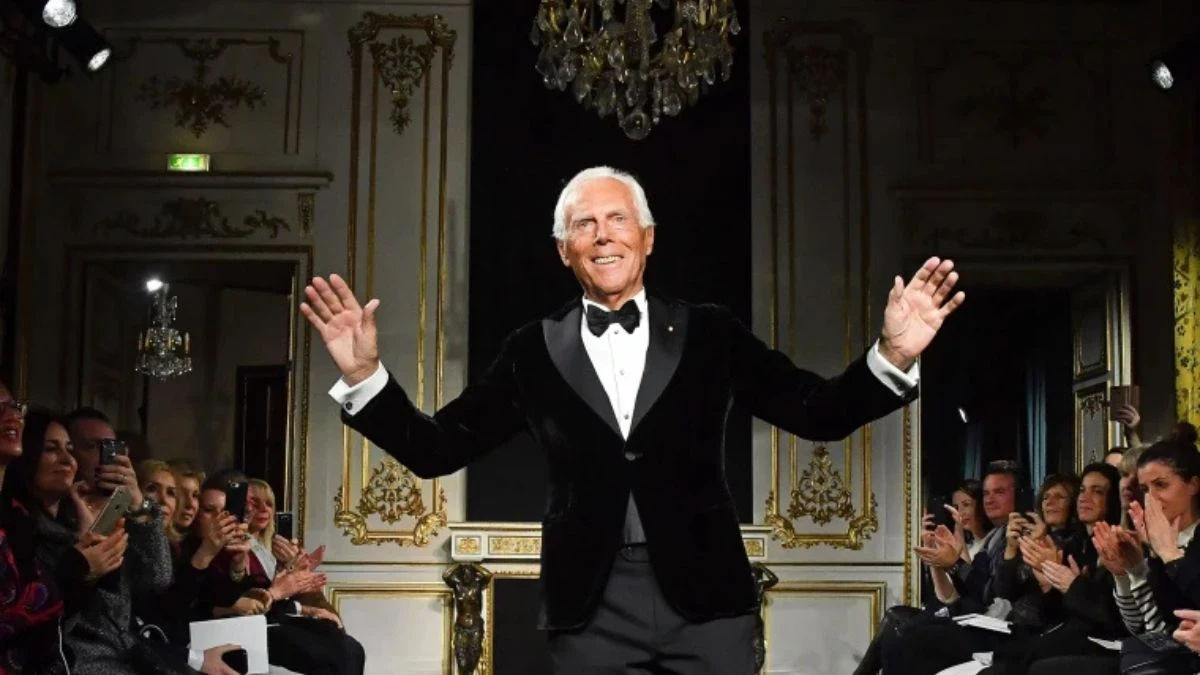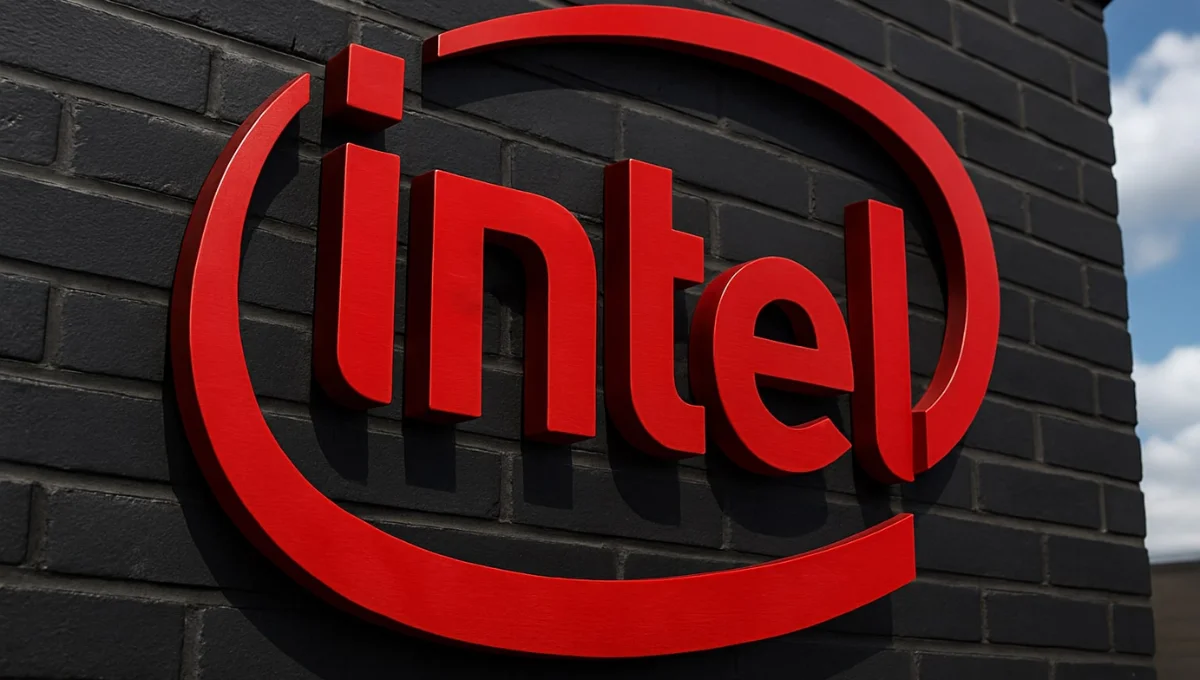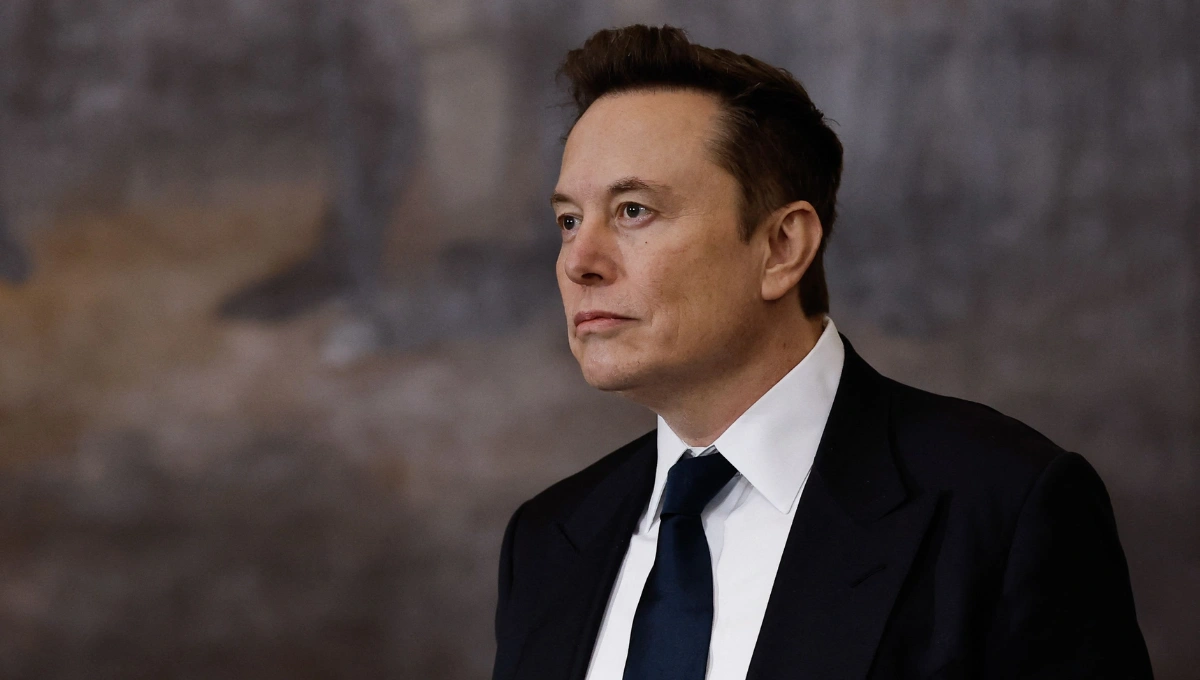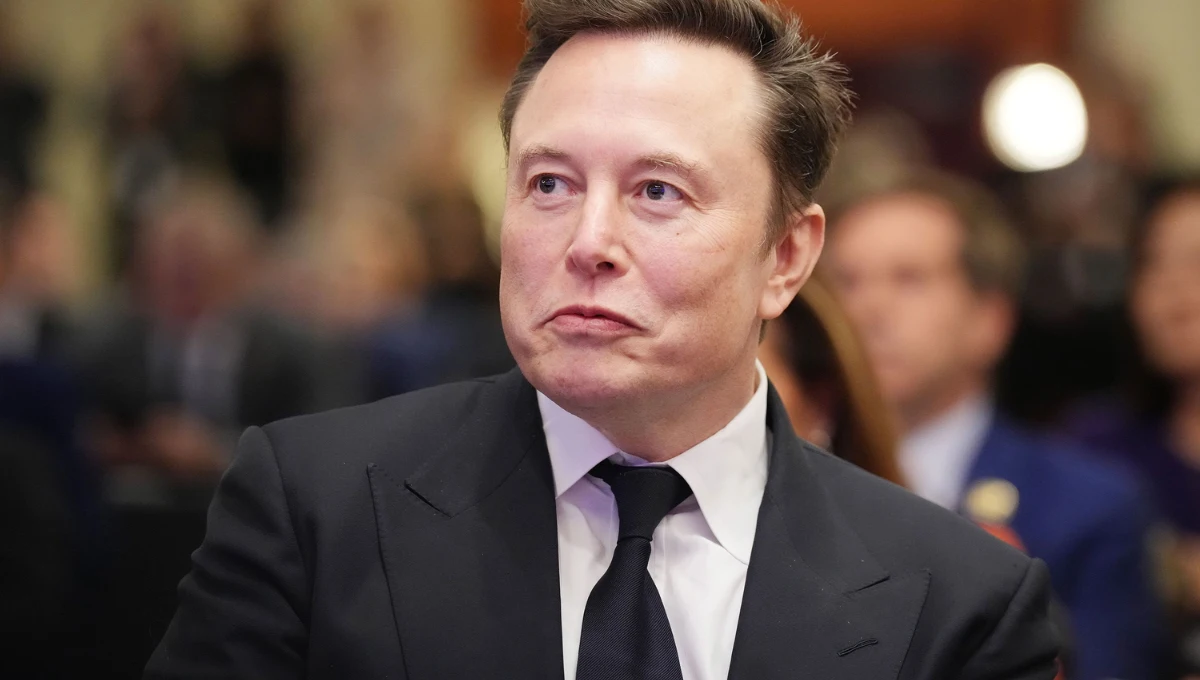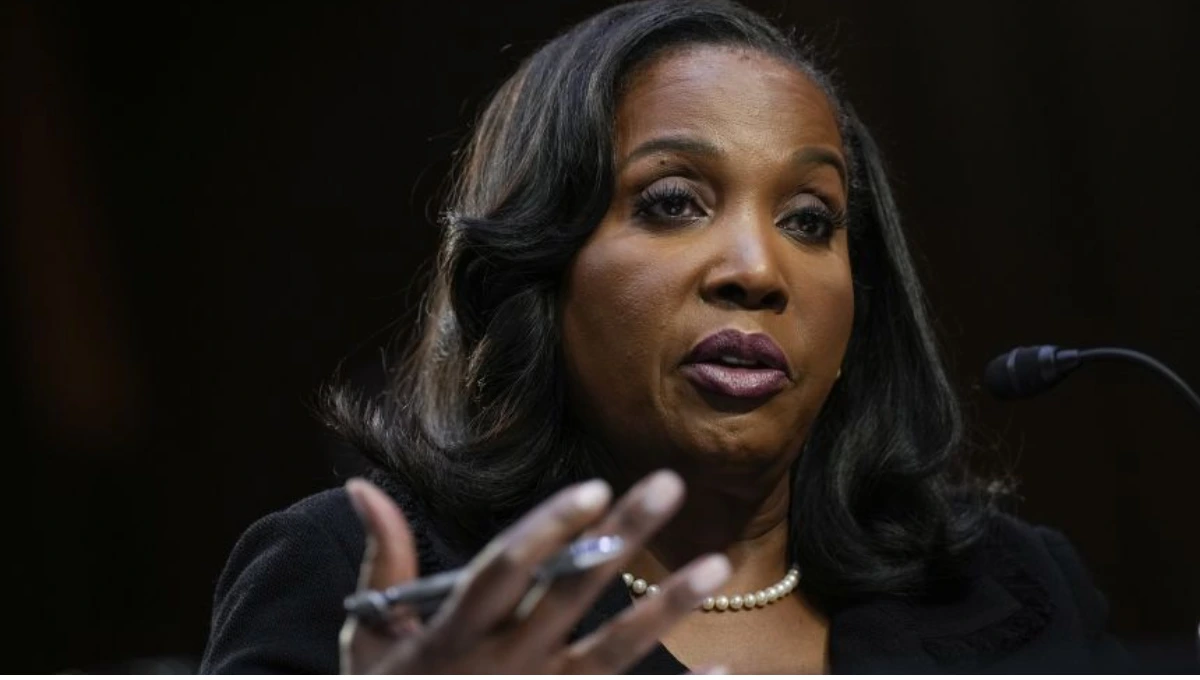The global fashion world is still reeling after the passing of Giorgio Armani, the Italian design legend who redefined elegance for more than half a century. Armani, often hailed as “King Giorgio”, died last week at the age of 91, leaving behind not just a vast fortune but also one of the most iconic luxury fashion brands in history.
While tributes continue to pour in from Milan to Paris and New York, the attention has now shifted to his final wishes. Armani’s will, made public on September 12, has sent shockwaves through the fashion and business industries. For decades, he insisted his company would remain fiercely independent and Italian-owned. Yet, in his last testament, Armani outlined a plan for a gradual sale of the empire he built, with priority given to international giants such as LVMH, L’Oréal, and EssilorLuxottica.
The revelation has raised questions about the future of the Armani Group, the inheritance of his fortune, and whether his iconic brand will remain rooted in Italy or fall under French control.
A Radical Shift in Armani’s Vision
For much of his career, Armani dismissed speculation that he might sell his company. He was deeply proud of its independence and often portrayed it as a distinctly Italian enterprise. As recently as 2023, in the documentary Milano: The Inside Story of Italian Fashion, Armani firmly rejected the idea of handing his label over to foreign hands.
That is why his will came as such a surprise. Drafted in March 2025, just months before his death, it directs his heirs to sell significant stakes of the Armani Group in stages.
According to the details revealed, a 15 percent stake should be sold within 18 months of his passing. Over the following three to five years, a further 30 to 54.9 percent stake should be sold to the same buyer. Priority is given to luxury titan LVMH, cosmetics leader L’Oréal, and eyewear powerhouse EssilorLuxottica.
Should no deal be reached with these firms—or any company of similar standing—the will allows for a stock market listing.
This dramatic shift in strategy underscores Armani’s pragmatic recognition of the industry’s future. In an era dominated by global conglomerates, where brands often rely on massive investment and international networks, his will ensures the label he built remains competitive.
The Armani Foundation: Guardian of His Legacy
Despite outlining a sale, Armani was determined to preserve the essence of his brand. His Armani Foundation, established in 2016, was given a permanent role in safeguarding his legacy.
The foundation is guaranteed to hold at least 30 percent of the capital and maintain strong voting rights. In a statement, the Armani executive committee emphasized that this structure ensures compliance with the founding principles: ethical practices, integrity, innovation, quality, and timeless style.
In other words, even if LVMH or another global conglomerate takes ownership, Armani’s foundation will act as a watchdog to preserve the brand’s DNA.
LVMH, L’Oréal, or EssilorLuxottica: Who Will Buy Armani?
All three companies mentioned in Armani’s will have expressed interest.
- LVMH, led by French billionaire Bernard Arnault, already owns a powerhouse portfolio including Louis Vuitton, Dior, Fendi, and Givenchy. Industry analysts believe Armani would be a “perfect fit,” especially given its global reputation for understated luxury. Arnault himself said he was honored that Armani named LVMH as a potential partner, promising to protect and expand the label’s reach.
- L’Oréal, long associated with Armani through its successful beauty line, has also welcomed the mention. Armani’s perfumes and cosmetics remain among the company’s bestsellers, making a deeper partnership natural.
- EssilorLuxottica, the Italian eyewear leader behind Ray-Ban and Oakley, has collaborated with Armani for decades. Owning a stake in the fashion house would strengthen its luxury fashion ties even further.
Industry insiders believe LVMH is the most likely buyer. With a market capitalization of around 240 billion euros, it has both the financial power and strategic interest. Analysts at Berenberg Bank noted that the brand’s positioning fits seamlessly within Arnault’s empire.
Armani’s Fortune and His Heirs
Armani’s personal fortune was valued at $11.8 billion by Forbes at the time of his death. But unlike other fashion magnates, he had no children. The heirs named in his will are his closest relatives and his longtime partner and business associate.
- Leo Dell’Orco, Armani’s right-hand man and life partner, inherits the largest stake—30 percent of the company—and 40 percent of the voting rights. He will also chair the Armani Foundation. Dell’Orco was entrusted with safeguarding the strategic direction of the group, reflecting the designer’s immense trust in him.
- Rosanna Armani, his sister, along with her son Andrea Camerana and nieces Silvana and Roberta, inherit 15 percent each. However, Rosanna and Roberta will not hold voting rights.
- The Armani Foundation itself receives 10 percent of shares but wields 30 percent of voting rights, strengthening its influence.
Armani also divided his impressive real estate portfolio, with properties in St. Tropez, St. Moritz, Antigua, and Pantelleria. His sister and nieces will inherit the estates, while Dell’Orco retains usage rights over several luxury homes.
This carefully balanced structure reveals Armani’s intention to prevent conflicts among heirs while ensuring Dell’Orco and the foundation maintain strategic control.
Why This Matters for Fashion
Armani’s decision to name foreign companies in his will marks a turning point for Italian fashion. Traditionally, Italian houses have sought to remain under local ownership, proud of their heritage. Armani’s pivot toward international giants like LVMH and L’Oréal suggests that even the most independent brands recognize the advantages of joining larger networks in an increasingly globalized industry.
Read More: US Grids Under Siege: Why Big Tech’s Data Centers May Be Cut Off During Power Emergencies
For Milan, a city that Armani helped put on the fashion map, the sale could reshape the balance of power in luxury fashion. If LVMH succeeds, it would further cement Paris as the global capital of luxury, while Milan risks losing one of its most iconic homegrown names.
Looking Ahead
Giorgio Armani’s passing not only marks the end of an era but also the beginning of a new chapter for his brand. The transition will not be immediate, but over the next five years, the company is likely to undergo its most significant transformation since it was founded in the 1970s.
Whether Armani ends up under the wing of Bernard Arnault’s LVMH, aligns further with L’Oréal, or strengthens ties with EssilorLuxottica, one thing is certain: the Armani Foundation will play a central role in ensuring that Armani’s philosophy—elegance without excess—remains alive.
For now, the world waits to see which path will be chosen, and whether Armani’s carefully crafted legacy will flourish in the hands of global conglomerates or maintain its fiercely independent spirit.
